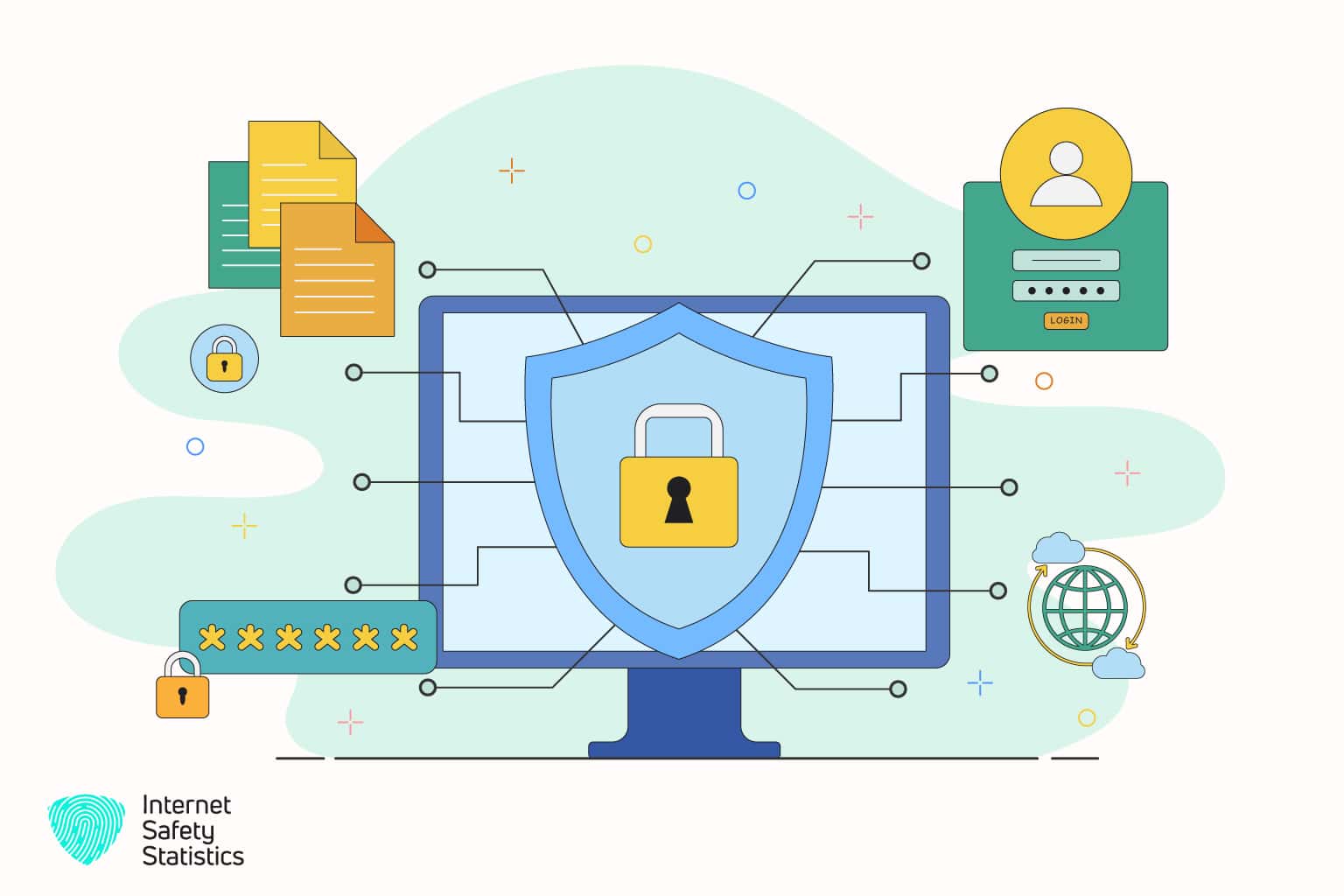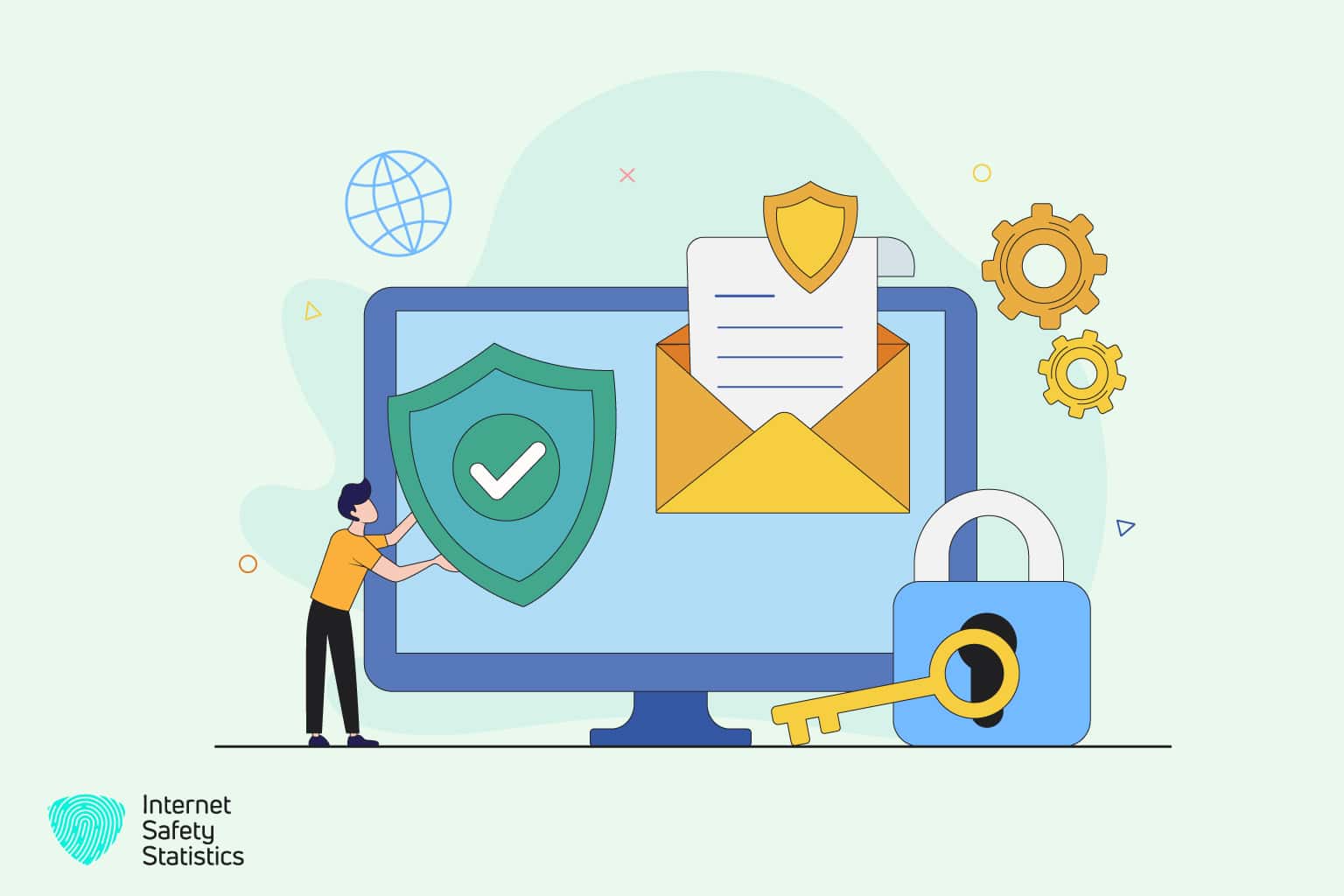
As the world grows increasingly digital, the demand for cybersecurity professionals is very high, making cybersecurity an attractive job option today. Since there is a massive opportunity for newcomers passionate about technology and security to start their careers in cybersecurity, there is a more significant demand than supply for cybersecurity professionals in entry-level employment. This piece will look at a few entry-level cybersecurity jobs great for beginners.
What are the Best Entry-Level Cybersecurity Jobs for Beginners?
As cybersecurity continues to grow and evolve, new opportunities will emerge. Here are some examples of the many entry-level cybersecurity jobs available for beginners to gain practical experience and develop valuable skills that can lead to higher-level positions in the future:
- Security Analyst: A security analyst monitors computer networks and systems for security threats or unauthorised access. They analyse data to identify potential vulnerabilities, respond to incidents, and develop and implement security policies.
- Security Operations Centre (SOC) Analyst: SOC analysts monitor computer networks for security threats and vulnerabilities. They analyse alerts generated by security tools and take appropriate action. They also conduct forensic investigations and document security procedures.
- Penetration Tester: A penetration tester (ethical hacker) is responsible for testing the security of computer systems by attempting to hack into them. They identify vulnerabilities and recommend ways to mitigate them. Junior Penetration Tester: A Junior Penetration Tester is responsible for identifying computer system and network vulnerabilities by simulating cyber-attacks. They work with Senior Penetration Testers to conduct assessments and write reports.
- Information Security Officer: An information security officer oversees the security of an organisation’s information systems. They develop security policies, train employees on best practices, and monitor regulatory compliance.
- Security Consultant: A security consultant works with clients to develop and implement security strategies. They conduct risk assessments, develop security plans, and recommend security solutions. Security Consultant: A Security Consultant advises organisations on security best practices and helps them develop and implement security strategies. They also perform security assessments and provide recommendations to improve security posture.
- Cybersecurity Auditor: A cybersecurity auditor assesses a company’s security policies and practices to ensure they adhere to legal requirements and professional norms. They also identify vulnerabilities and make recommendations for improvements.
- Incident Response Analyst: An Incident Response Analyst is responsible for investigating security incidents and coordinating response efforts. They also develop incident response plans and guide IT staff during security incidents.
- Security Engineer: A Security Engineer designs and implements security systems to protect computer networks, systems, and data. They also identify vulnerabilities and develop solutions to mitigate risks.
- Security Administrator: A security officer manages a variety of security technologies and systems, including firewalls, intrusion detection systems, and antivirus software. They also implement security policies and procedures and train users on best practices.
- Cryptographer: A Cryptographer develops and implements cryptographic algorithms and protocols to protect data and communication channels. They also analyse and break codes to identify vulnerabilities and improve security.
- Malware Analyst: A Malware Analyst investigates malware attacks and develops techniques to detect and prevent them. They also develop and implement anti-malware strategies and tools.

Can I Get Cybersecurity Jobs Without Experience?
Yes, it is possible to get entry-level cybersecurity jobs without experience. Suppose a candidate has the appropriate credentials, such as a degree in cybersecurity or a similar profession, industry certifications, or relevant skills and expertise. In that case, many firms are willing to hire them even if they have little to no experience.
To boost your chances of obtaining an entry-level cybersecurity position, consider completing internships or volunteer work in the field, participating in cybersecurity competitions or hackathons, and building a portfolio of projects demonstrating your skills and knowledge.
It’s important to remember that certain entry-level cybersecurity jobs may require basic knowledge of programming languages, operating systems, or networking concepts. Therefore, taking courses or online tutorials to gain these skills may also be beneficial when applying for these positions.
Is Cybersecurity a Good Career?
Yes, cybersecurity is an excellent career choice in today’s digital age. Because people rely on technology and the possibility of cyberattacks, there is an all-time high need for cybersecurity specialists. In addition, cybersecurity experts’ job is also crucial in defending companies and people from cyber dangers since they prevent unauthorised access to computer systems, networks, and data, as well as theft and damage.
Additionally, cybersecurity is rapidly evolving, offering professional growth and development opportunities. As new technologies emerge and cyber threats become more sophisticated, cybersecurity professionals must constantly update their skills and knowledge to stay ahead.
Regarding job prospects and earning potential, cybersecurity is a lucrative field with high salaries and excellent career growth opportunities. Additionally, between 2019 and 2029, employment in this area is projected to grow by 31%, which is a pace much higher than the national average for all occupations.
Overall, cybersecurity is a dynamic and rewarding career choice for individuals passionate about technology and security who want to make an impact in protecting individuals and organisations from cyber threats.

How Can You Start a Career in Cyber Security?
Starting a cybersecurity job requires various education, skills, and experience. Here are some steps to get started:
- Obtain a degree or certification: A degree or certification in cybersecurity or a related field can assist you in acquiring the expertise required for a job in cybersecurity. Some popular certifications include Certified Information Systems Security Professional (CISSP), Certified Ethical Hacker (CEH), and CompTIA Security+.
- Gaining practical experience: Practical experience is essential in the cybersecurity field. Consider pursuing internships, participating in cybersecurity competitions or hackathons, or working on projects to build your skills and knowledge.
- Develop technical skills: Cybersecurity professionals should develop technical skills such as a strong understanding of programming languages, operating systems, and networking concepts. Consider taking courses or online tutorials to gain these skills.
- Network with professionals: Networking with cybersecurity professionals can help you learn about job opportunities, gain advice, and connect with others in the field. Attend cybersecurity conferences and events, join professional organisations, and connect with cybersecurity professionals on social media platforms.
- Stay updated with industry trends: Cybersecurity is a rapidly evolving field, so staying updated with each latest trend and technology is essential. Read industry publications, attend webinars and conferences, and participate in online forums and communities to stay informed.
By taking these simple steps, you can move towards a career in cybersecurity. However, remember that cybersecurity is a dynamic field that requires continuous learning and development, so be prepared to adapt and grow the needed skills throughout your career.
Where to Start a Cybersecurity Career for Beginners?
As a beginner in cybersecurity, here are some of the best areas to start a career:
- Entry-level cybersecurity jobs: Look for entry-level cybersecurity jobs such as security analyst, SOC analyst, or cybersecurity specialist. These jobs will let you gain practical experience and develop your skills.
- Internships: Many organisations offer cybersecurity internships to students and recent graduates. These internships provide valuable hands-on experience and can lead to full-time employment opportunities.
- Cybersecurity certifications: Obtain certifications such as Certified Ethical Hacker (CEH), CompTIA Security+ and Certified Information Systems Security Professional (CISSP). These certifications demonstrate your knowledge and skills to potential employers.
- Cybersecurity boot camps: Consider attending a cybersecurity boot camp that provides intensive cybersecurity skills and knowledge training. These boot camps are an incredible way to jumpstart your career in cybersecurity.
- Cybersecurity communities: Join cybersecurity communities and forums to connect with other cybersecurity professionals, learn about industry trends, and find job opportunities.
Remember that developing a cybersecurity career requires patience, perseverance, and devotion. Concentrate on getting relevant experience, developing your skills, enhancing your abilities, and expanding your cybersecurity professional network. You can succeed in your professional ambitions in cybersecurity with commitment, perseverance, and hard work.
Is the Late 30s or 40s Considered Late to Start a Career in Cyber Security?

There is still time to start a career in cybersecurity in your late 30s or 40s. Many people switch careers to cybersecurity later in life. The field is open to individuals with diverse backgrounds and experiences, and employers are often looking for individuals with various skills and perspectives.
While starting a career in cybersecurity later in life may require additional effort to gain the necessary education and experience, it is possible to build a successful career in the field with dedication and hard work. Many cybersecurity professionals have transitioned from other careers, such as IT, engineering, or law enforcement.
Cybersecurity experts are likewise in high demand, which is anticipated to continue. Various individuals with different backgrounds and degrees of expertise will be needed as more organisations realise the value of cybersecurity.
It is thus always possible to pursue a career in cybersecurity. Furthermore, regardless of age or background, you can excel in this exciting and lucrative career with the proper education, training, and experience.
That’s All!
Cybersecurity is a fast-growing field with a high demand for skilled professionals. If you’re interested in starting a career in cybersecurity. Then, various entry-level jobs can assist you in gaining worthwhile experience and laying a solid basis for your future. You may start your path to a fruitful and fulfilling career in cybersecurity by beginning in one of these entry-level positions.
